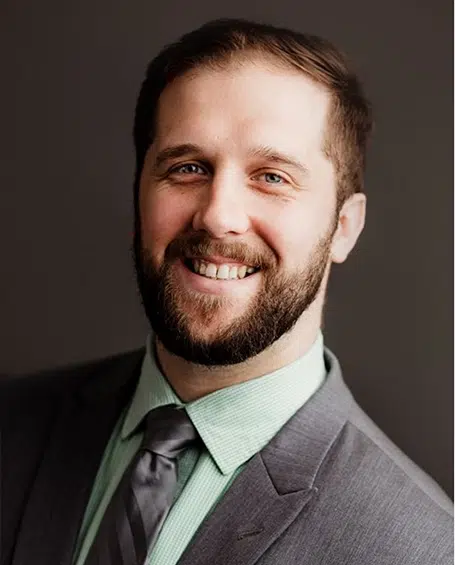Caution: This document discusses matters of death and severe medical trauma.
What is a Living Will[1]?

In this article, associate attorney Adams offers an explanation of Living Wills and emphasizes their significance in estate planning and an example of their potential impact.
A Living Will or Declaration Regarding Medical Care is an estate planning document which provides instructions for doctors and loved ones about what to do for you when you are unable to make end-of-life medical decisions on your own because you are incapacitated. A Living Will is different from a Healthcare Power of Attorney because in the case of a Living Will, you have been diagnosed with a terminal condition.
For example, a Living Will informs doctors whether you want to be taken off of life support because you do not have any measurable brain activity and you are not expected to regain any brain function; whether you would like to be kept alive if you happen to be pregnant while non-responsive; or whether you would like the medical team to attempt to resuscitate you if you die (e.g. cardiac arrest) while in a non-responsive state related to a terminal condition. On the other hand, a Healthcare Power of Attorney is activated when you cannot make healthcare decisions on your own (e.g. you’re unconscious after a car accident), but you are expected to recover.
Why you should have a Living Will?
As with all estate planning documents, a Living Will or Declaration Regarding Medical Care is as much for you as for the people you love. A Living Will makes decisions about what should happen if you are unresponsive and you have a terminal condition, so that your family and doctors do not have to make those decisions without your input. Beyond allowing you control over your end-of-life healthcare, a Living Will eliminates fights over whether to end life support or to resuscitate you under certain conditions.
If any of you reading this remember the heart wrenching story of the Terri Schiavo case, you understand the significance of having a Living Will. For those of you who do not remember or did not follow the case, Terri Schiavo was rendered comatose by a cardiac event in 1990, and the physicians charged with her care all believed she would remain comatose for the rest of her natural life. Her husband asked the courts to order her feeding tube removed in 1998, based on her terrible prognosis, and his belief that she would have preferred to be allowed to die naturally under such circumstances.
Terry’s family opposed removing the feeding tube and fought her husband up and down the Florida court system in at least four different cases. Seven years later, and fifteen years after the cardiac event that left her with minimal brain activity, the courts ruled that Ms. Schiavo’s feeding tube should be removed in 2005. The ruling was based on testimony from medical experts that Terry would never regain consciousness, and her husband’s testimony that his wife would not have wanted to be kept alive artificially if she would never recover from her brain injury. This long ordeal could have been avoided with a Living Will outlining the circumstances under which a person should be allowed to die naturally.
Sadly, Ms. Schiavo’s case is now a cautionary story known to all estate planning attorneys. End-of-life decisions are difficult enough under the best circumstances, but they become much harder when loved ones are left to make these decisions for you. Therefore, anyone with family and friends should discuss an estate plan that includes a Living Will with an estate planning attorney.
[1] The terms may have meant different things in the past, but they have become synonyms. I will use Living Will to refer to both throughout this article.
